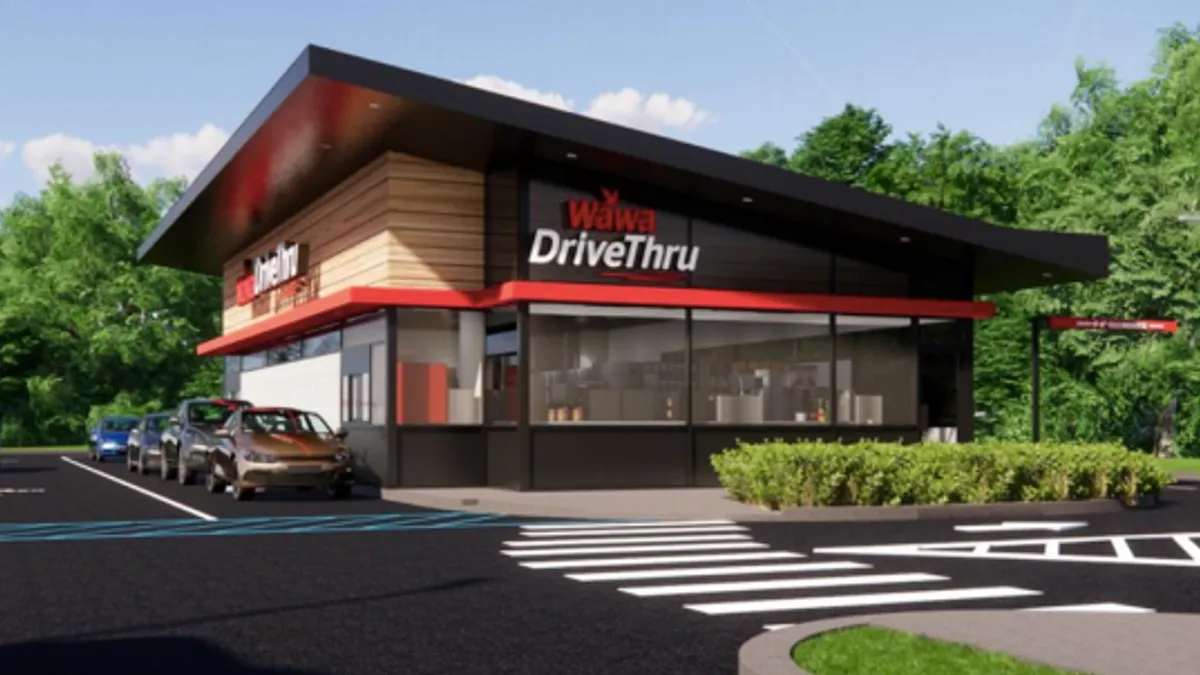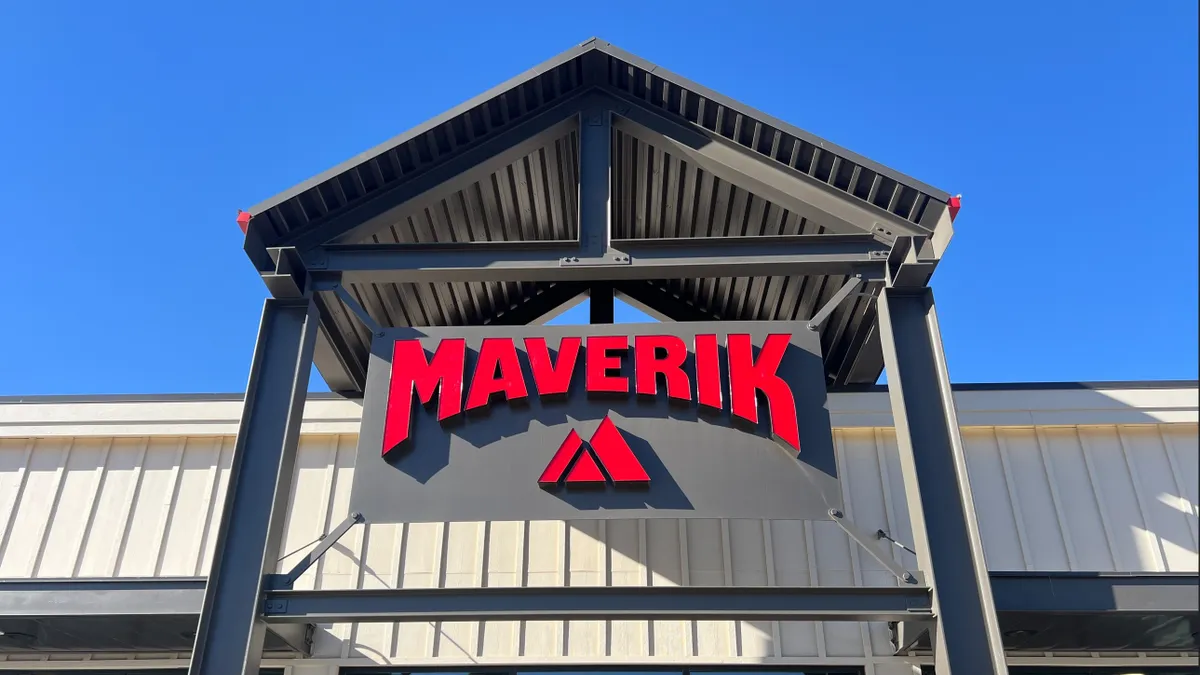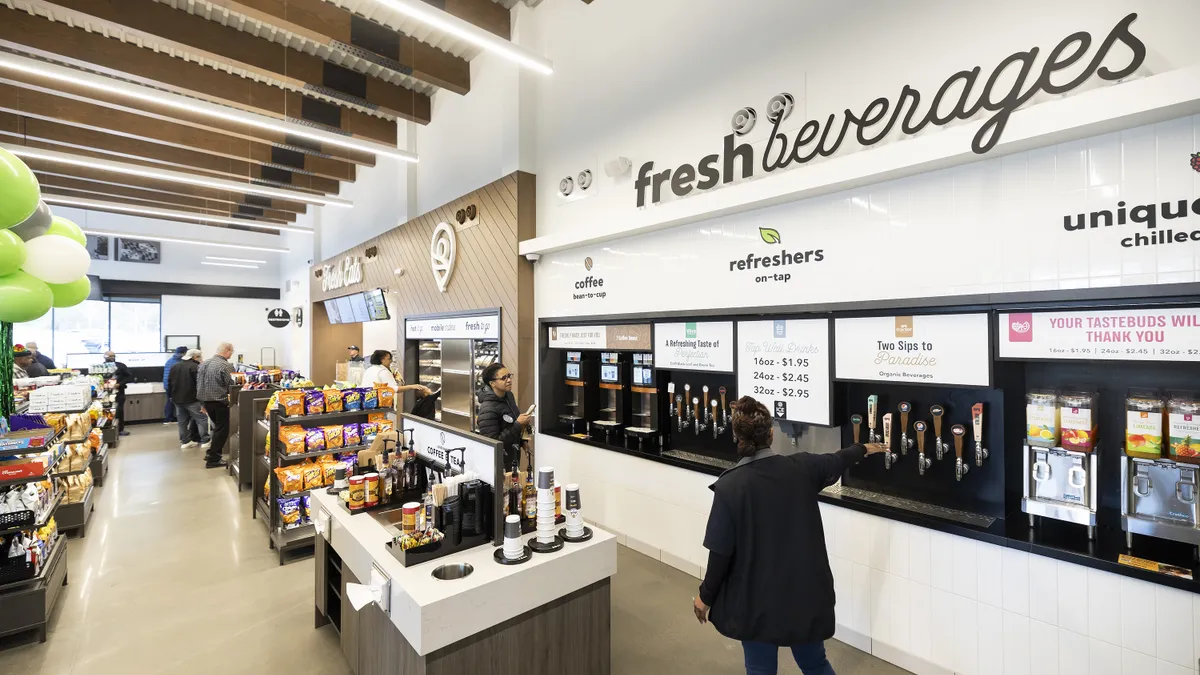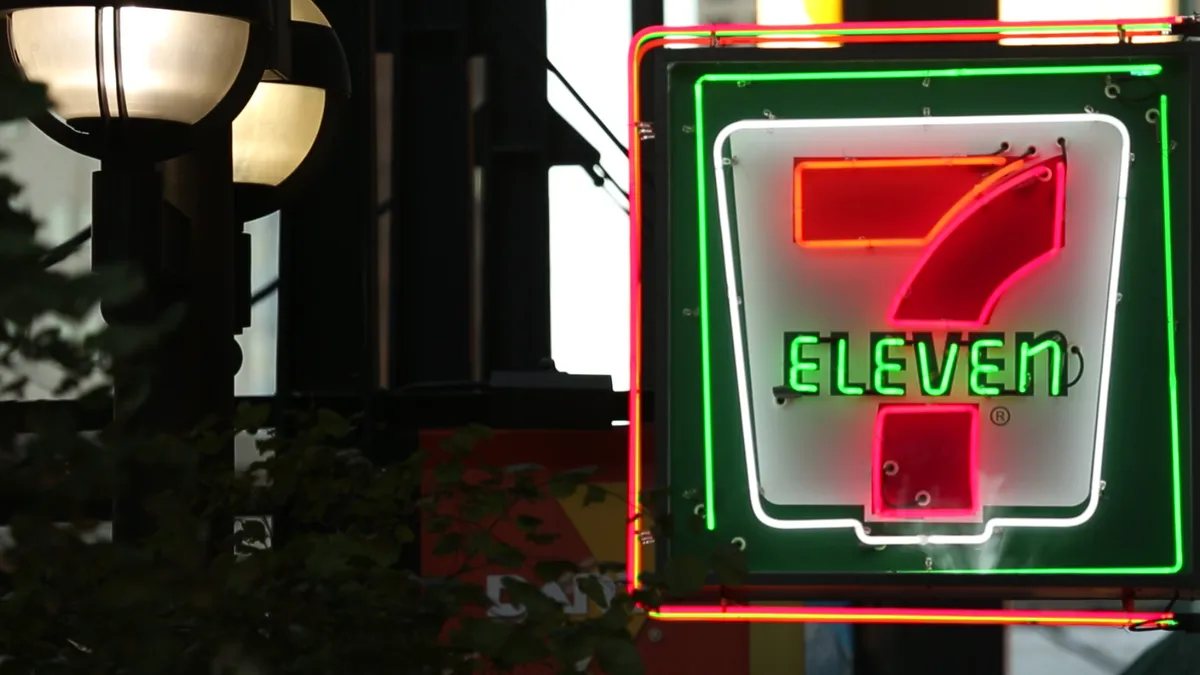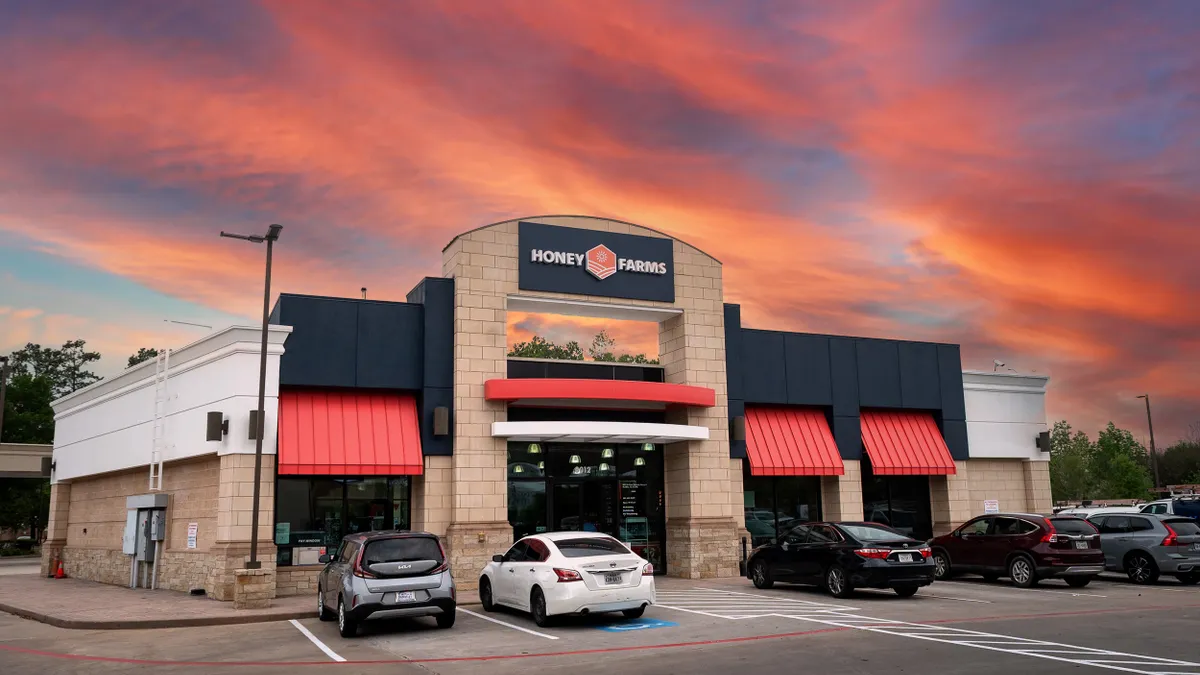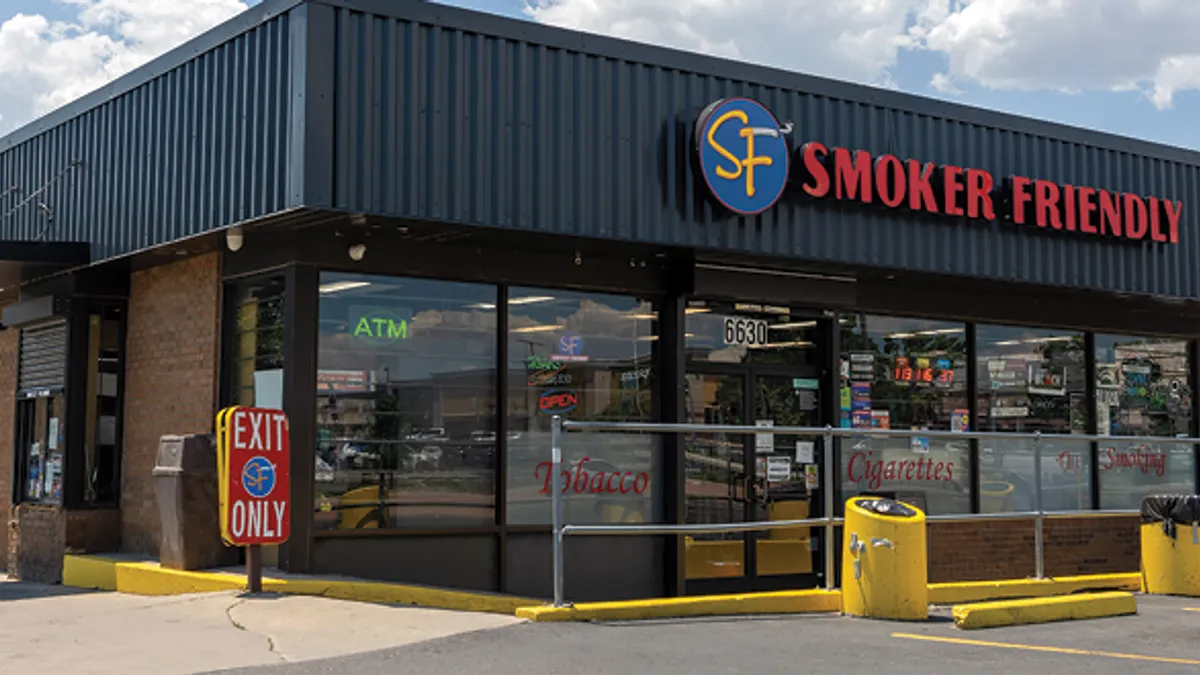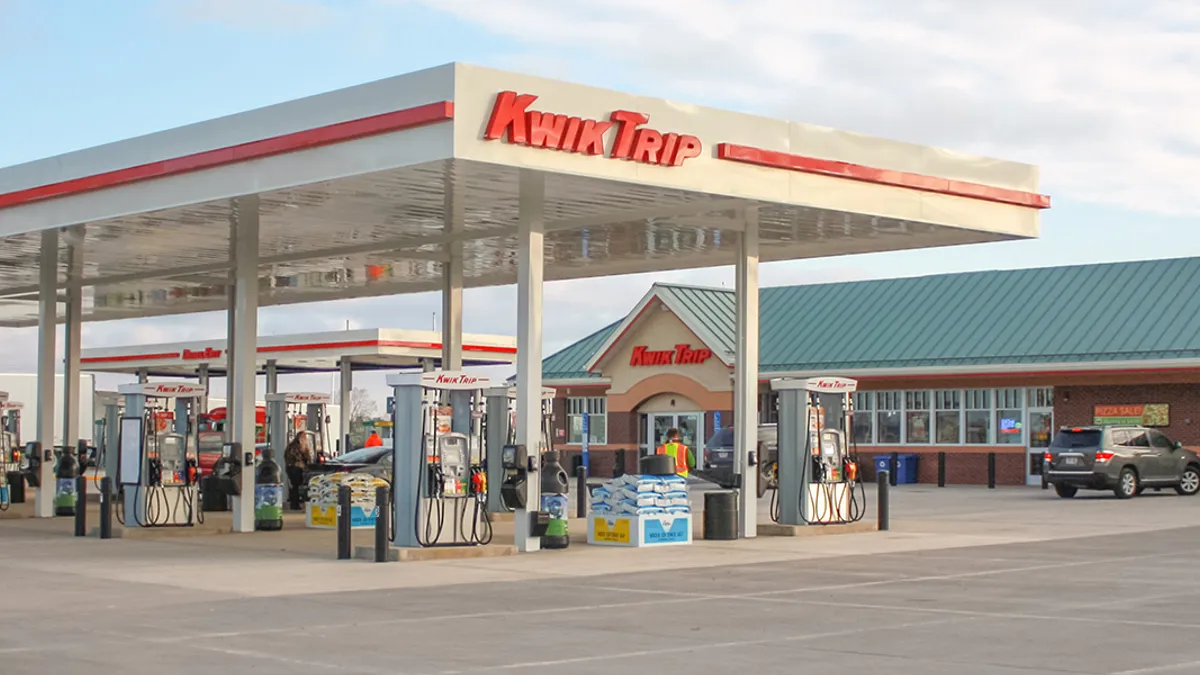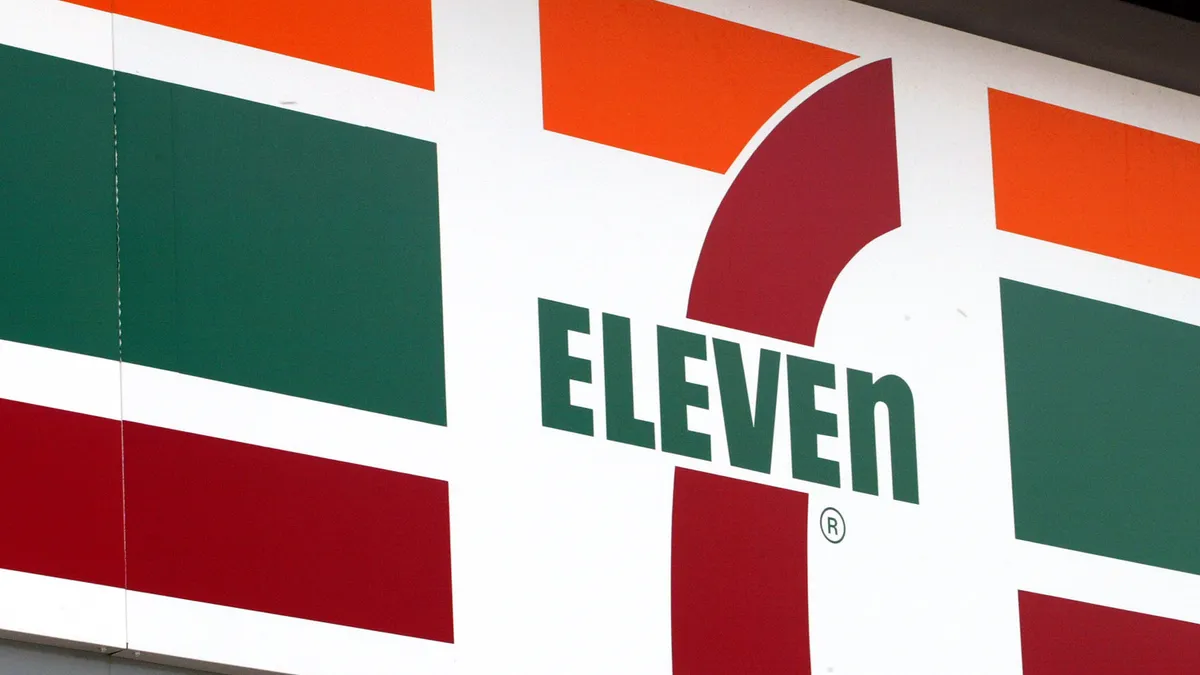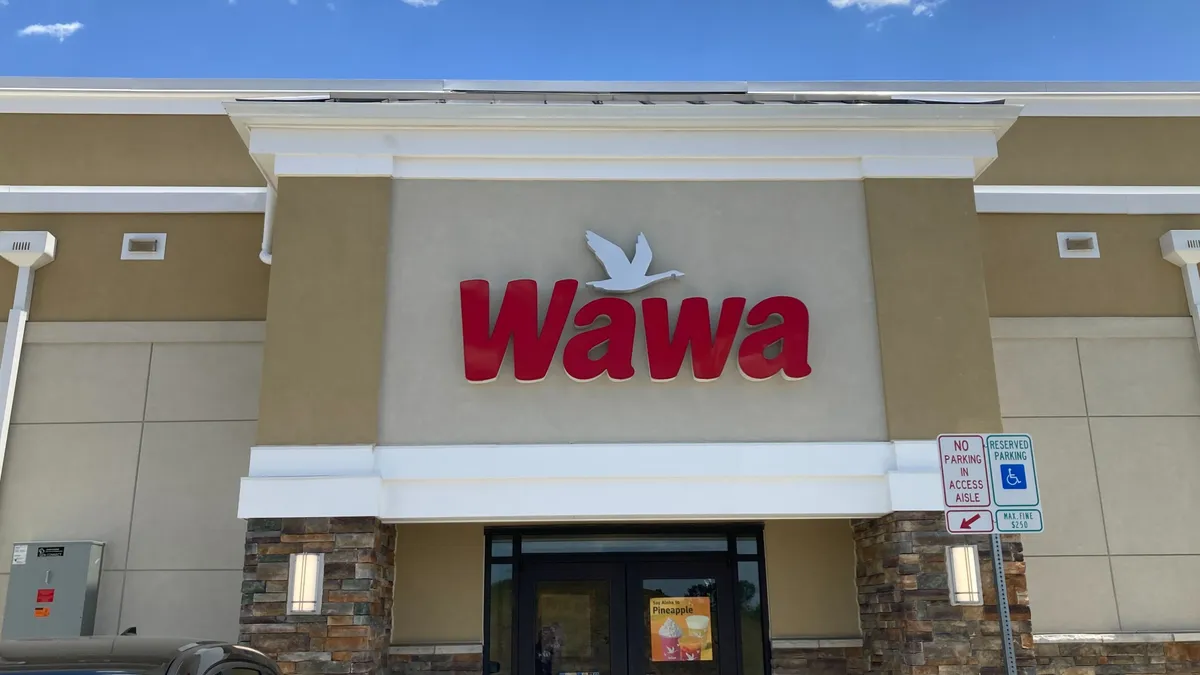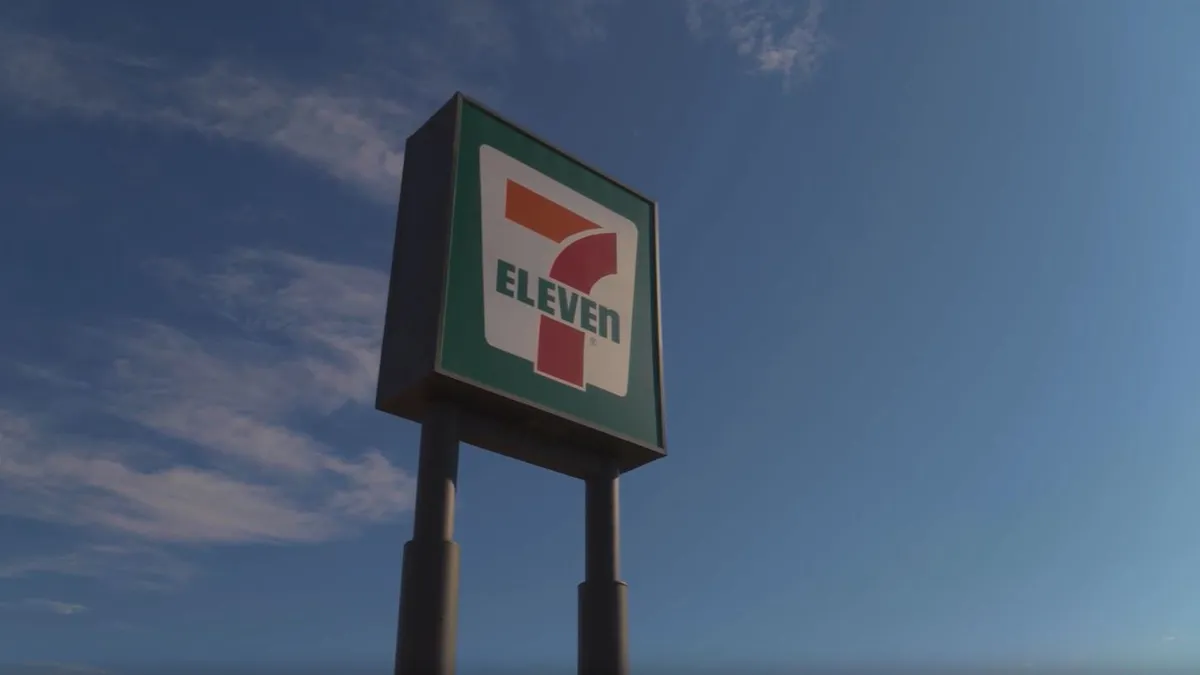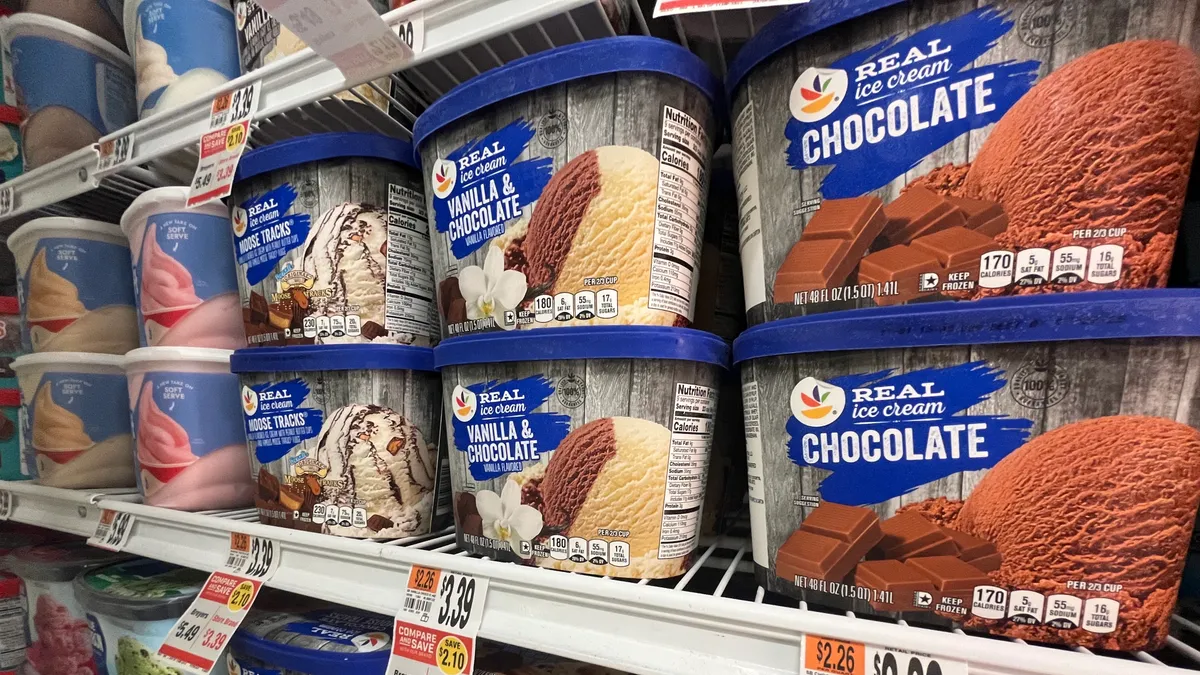Wawa’s ambitious growth trajectory has been a major storyline in the convenience store industry’s surging interest in reaching new states in recent years.
The company, based near Philadelphia, has over 1,000 c-stores in Pennsylvania, New Jersey, Delaware, North Carolina, Maryland, Virginia, Florida, Alabama and the District of Columbia. It’s in the process of expanding to Ohio, Indiana, Kentucky, Tennessee, West Virginia and Georgia amid broader plans to reach about 1,800 locations by 2030.
Lost in the conversation about Wawa’s expansion plans is the company’s fascination with new and experimental store formats. It frequently debuts locations that increase the ways in which it services its customers or streamline the construction process for its leadership team.
Testing new c-store formats requires an abundance of time and resources. But Wawa’s tremendously loyal customer base is as strong as any other convenience retailer, affording its leadership the flexibility to experiment with — and shoulder the risks of — unique formats, Margaret Sotrop, vice president of design services for c-store solutions firm GSP Retail, said in an interview.
“When you have something like that, you can play and you can take a risk — you can be big, and you can be small,” she said. “You’ve already got that dedicated guest, so you can kind of play around within your footprint.”
Here’s a look at the various store formats Wawa is tinkering with as it continues its U.S. expansion.
Drive-thru
Wawa opened its first drive-thru convenience store nearly four years ago in Westampton, New Jersey. The setup featured two lanes, separate order points with digital menu boards and a QR code menu option, and one point-of-pay and pick up window. Wawa said at the time it was able to queue up to 19 cars at once in the drive-thru.
Those drive-thru lanes have since been converted into a pickup-only section, according to an employee who works at this store. The employee said that company leadership made this change since only about half of Wawa’s items inside the store were available via this drive-thru.
Despite that shift, Wawa has continued to invest in drive-thrus.
In early 2021, Wawa debuted its first freestanding drive-thru with no in-store access. While this location recently closed its doors, Wawa still has two of these locations up and running, in Allentown, Pennsylvania and in Largo, Florida — both of which opened this year.
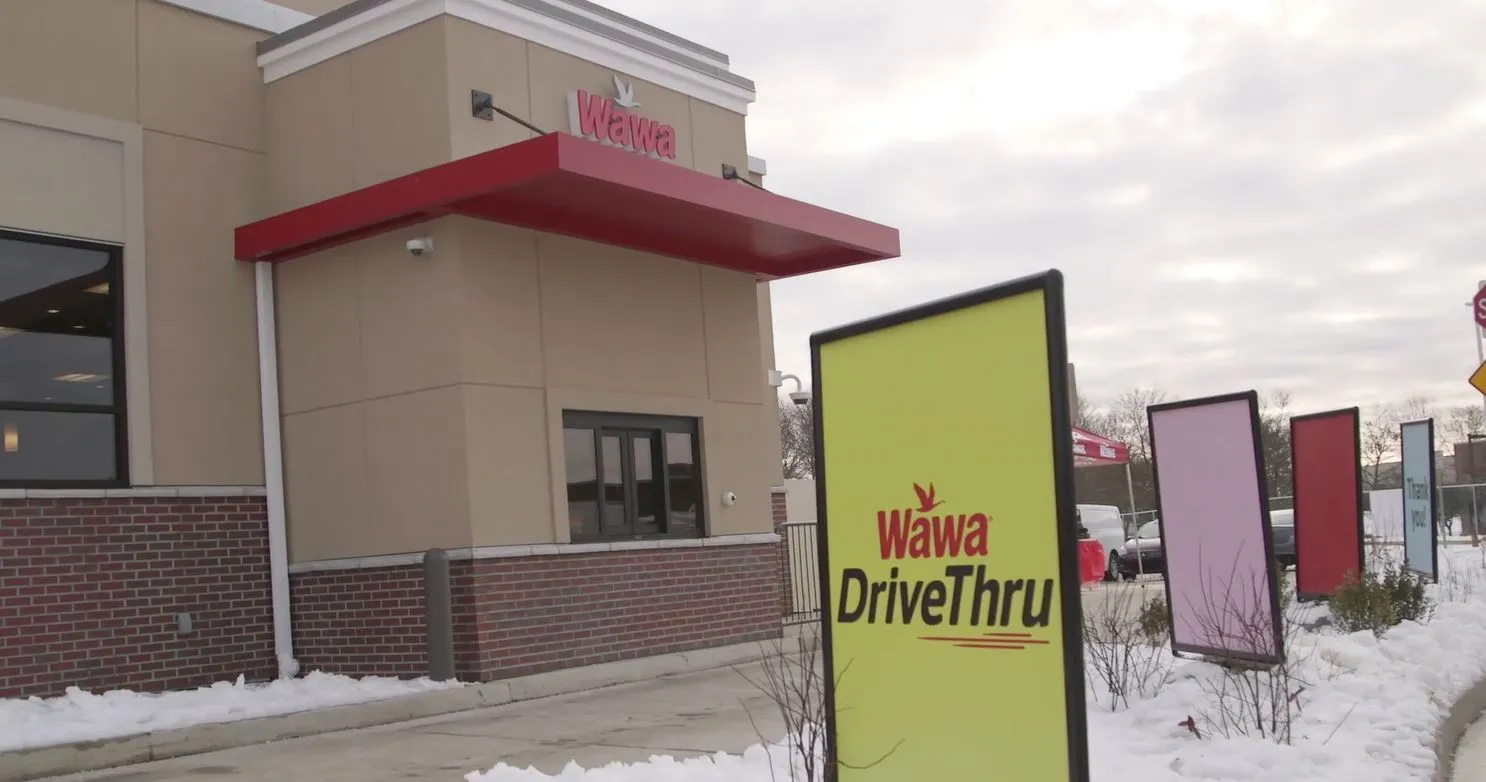
Sotrop, who lives in Florida, visited the location in Largo last month. While a fan of the concept, she said the setup and experience wasn’t perfect.
“You're going from 45 miles an hour to a stop, so it's a little difficult to get in and out,” she said. “You have to kind of navigate around and go through the back.”
Sotrop said the drive-thru transaction took about six minutes from order to pickup, which felt “a little long.” She also said the drive-thru menu has so many options available that it felt overwhelming.
“If you are a normal Wawa customer, you know exactly what you want, because you know that menu,” she said. “If you are not someone who frequents [Wawa] a lot, it's a lot to look at.”
Sotrop’s biggest critique of Wawa’s Largo setup is that customers can’t place mobile orders ahead of time for pickup in the drive-thru. This has become common practice for QSR chains like Panera and Chick-fil-A.
“The quality is there, the price point is there… I think they just have to kind of feel it out and see how quickly they can make that transaction happen,” Sotrop said.
Modular construction sites
Wawa’s drive-thrus in Allentown and Largo were built via modular construction methods, meaning they were largely fabricated off-site, with the pieces then assembled on location.
This marked the first time Wawa used this prefabricated construction program, which can make the building process easier and get stores online quicker. Other benefits include lowering the chances of weather impacting materials or construction and increasing a company’s ability to access the site while it’s being built.
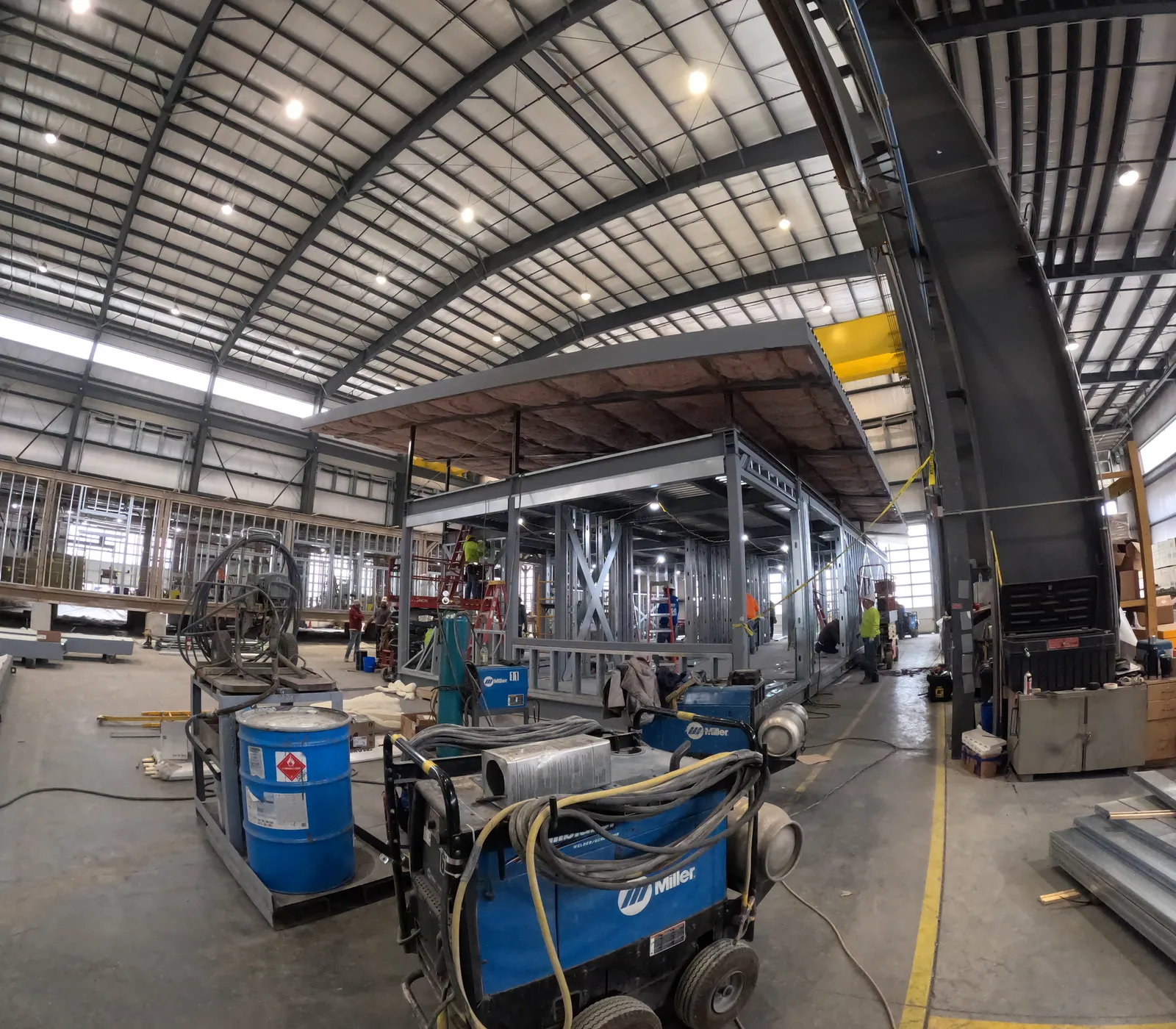
This strategy is more common in the restaurant industry than in c-stores, with companies like Quiznos, Taco Del Mar and Starbucks using it.
Sotrop said this strategy is “brilliant” for Wawa since it’s trying to grow quickly. She said Murphy USA is the only other c-store retailer she’s seen use this tactic.
The few times she’s seen this strategy, Sotrop said the inside of the store and the physical building were locked “together like Legos.”
“It just seems so efficient,” she said.
Travel center
In January 2023, Wawa CEO Chris Gheysens revealed that the c-store retailer wanted to eventually open travel centers in its current and upcoming markets.
“Think of it as a Wawa on steroids,” Gheysens told the Philadelphia Business Journal at the time. “A lot bigger of a store, a lot bigger of an offer, a lot bigger of a parking lot, more amenities.”
That idea came closer to fruition when Wawa revealed plans this summer to open its first travel center in Hope Mills, North Carolina. The site — expected to open in the second quarter of 2025 — will cater to professional drivers and families, with amenities like indoor seating and expanded parking and bathrooms. It will also offer high-speed diesel, a Certified Automated Truck scale and free tractor trailer parking.
Wawa is set to join an increasing number of convenience retailers diving into travel centers in a bid to appeal to professional drivers. Casey’s General Stores, QuikTrip and RaceTrac are other historically traditional operators — like Wawa — that have begun investing in these types of locations over the past few years.
Sotrop said travel center operators often struggle to create an environment that works for both professional and auto drivers. Customers on both sides of that divide, she said, often feel like they don’t belong in the same building.
She said she has high expectations for how Wawa will invite both of these customers inside its future travel centers.
“I think it's going to be an environment that allows that pro driver to really experience what they're looking for,” she said. “And I know that because I know Wawa’s a really good listener, and I know that they already understand the auto driver.”
Fully digital, shelfless store
Wawa’s most experimental store format arrived in summer 2023 when the company converted a convenience store in Philadelphia into a fully digital, shelfless shopping experience.
Items inside the store, which is located on Drexel University’s campus, can only be purchased through Wawa’s mobile app or via in-store touch screens. Staff members working the counter then pull together each order.
In a statement to the Philadelphia Business Journal at the time, Wawa said this store aims to help customers get their orders faster.
Over a year later, it doesn’t appear that Wawa has expanded this format, although the store remains open. A company spokesperson said in a statement to C-Store Dive that “there are no updates available on the full-service store format in test” at this location.
Although she doesn’t know much about this location, Sotrop lauded Wawa for the idea due to the location’s tech-heavy appeal to college students on the go.
“It makes complete sense,” Sotrop said. “You're right there on campus. All those kids grew up with a phone in their pocket.”



